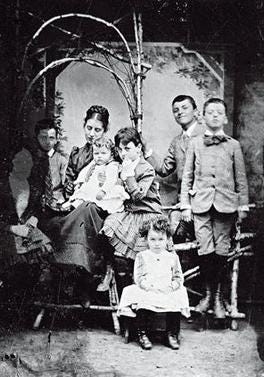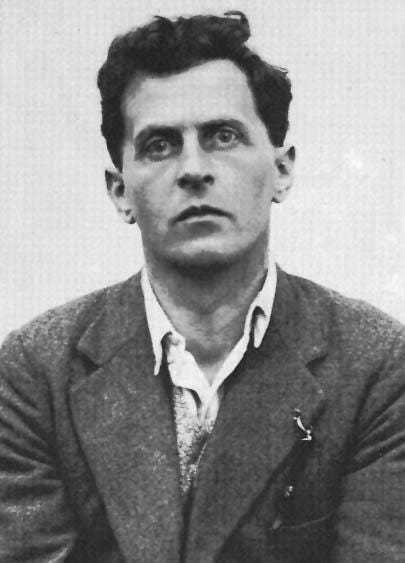Being left-handed, I admire Maurice Ravel's Piano Concerto for the left hand, M. 82. It was written for and commissioned by Paul Wittgenstein, who only had a left hand. He lost his right arm due that he was shot in the elbow during World War I. Wittgenstein came from a wealthy family in Europe, and of course, his brother is Ludwig. A family suffered an immense loss due that three brothers committed suicide. At times, as an only child, I wished I had brothers or sisters. But when I think of the Wittgenstein family, I'm happy that there is only me. Still, I'm impressed with Paul's playing and that he willed himself to become an excellent musician and a popular one at that. Besides Ravel, he commissioned other composers such as Johannes Brahms, Mahler, Josef Labor, and Richard Strauss to write music for him, and only him. He was famous for tampering with the compositions, which caused composers like Ravel to be upset. Therefore, their relationship ended. Still, he owned these works, and only in his death were these works available to other musicians. After obtaining composed music from these composers, he would just hold on to it if he didn't understand or liked the music.
As a writer, I rarely ever spent a day where I don't think about Paul's brother Ludwig. The importance of articulation and, to be exact with language is of great interest to me. I often felt that Ludwig was fighting against language, as perhaps he saw it as a living being. I'm always struggling to find the right word to describe my thoughts or feelings. The limitation of language is very much a concern of mine. Yet, every day, I sit here, looking at my computer screen and trying to put the odd puzzle piece into the whole picture. Like his brother Paul owning the compositions by famous composers, Ludwig is owning language. Still, he is often disappointed with the relationship he has with it.
Their older brother Hans was a musical prodigy. He could identify the Doppler effect in a passing siren or bell. Each sound made has waves, and Hans could pick up on the frequency. In 1902 he went to America and disappeared in the Chesapeake Bay. Presumed death by suicide, they never found his body. Rudi, the younger brother, killed himself in a Berlin bar. He mixed himself a cocktail of milk and potassium cyanide. Before death, he requested the pianist at the bar to play Thomas Koschat's Verlasseen, verlassen, verlassen bin ich ("Forsaken, forsaken, forsaken am I")
Both Paul and Ludwig craved precision and discipline. Even in music, Ludwig had commented to his friend Drury that "even in Brahms I can begin to hear the noise of machinery." Which is an interesting comment on many levels, especially when you think of Paul's ex-friend Ravel whose family owned and run factories. I have always felt that his Bolero was more about machines than sensual or sexual passion. Still, Ludwig had absolute pitch, and music was essential to his philosophical writings. It is said that he can whistle complicated and detailed musical passages. It also seems he written three bars to an uncompleted music score.
I'm a firm believer in failure as a method to find success. Ludwig Wittgenstein's consistent study and tireless exploration of what language is, and we say what we see is the medicine of the soul for yours truly. As he once said, "I won't say 'See you tomorrow' because that would be like predicting the future, and I'm pretty sure I can't do that."







My philosophy tutor in Cambridge 1963-5 was pleased to have Witgenstein's walking stick
Trying to imagine the dinner table scenes in the Wittgenstein house...